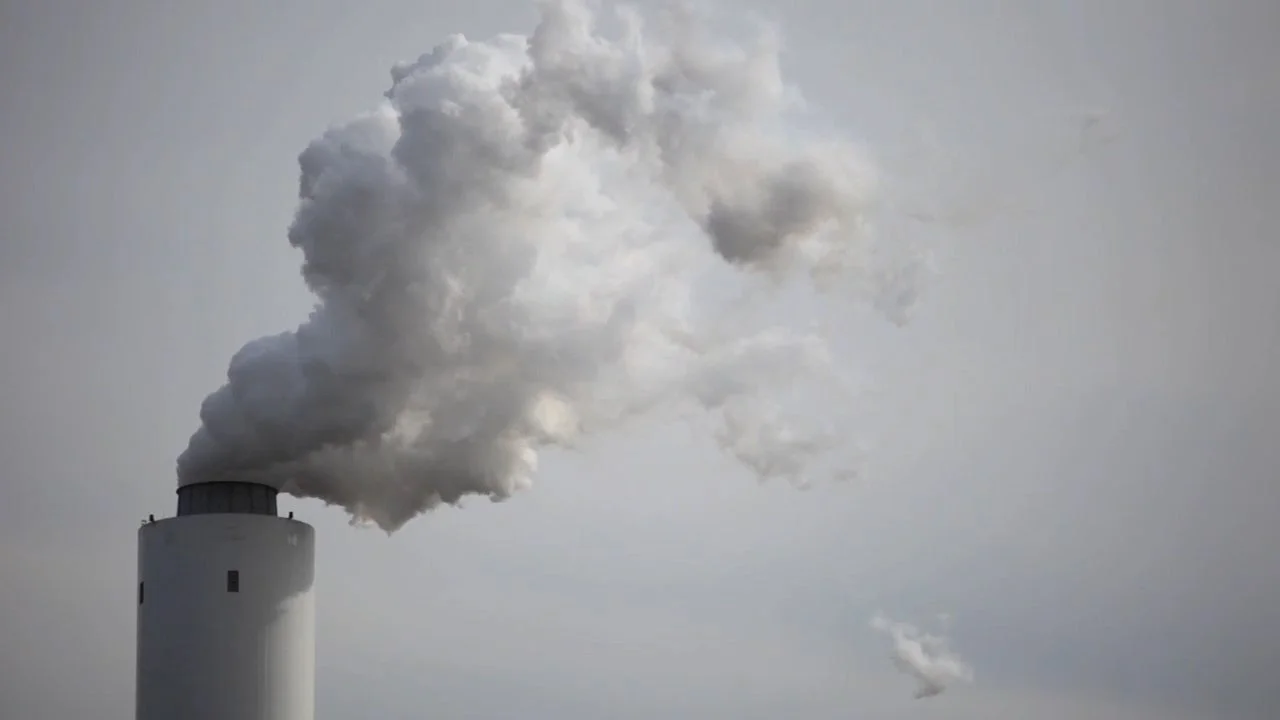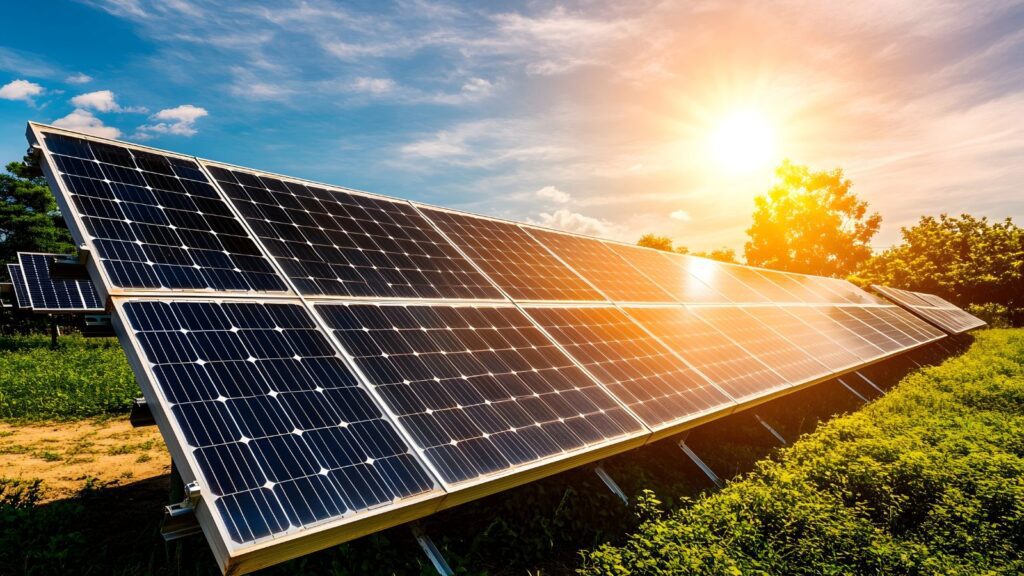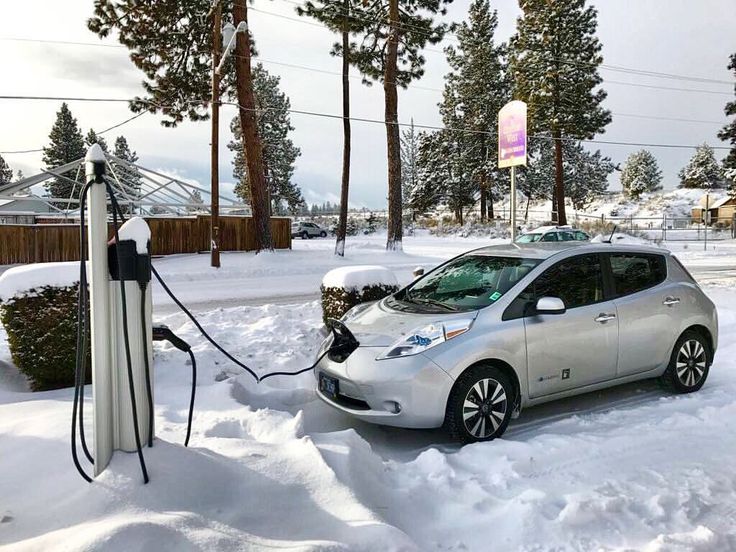Any day now, Minister Freeland is expected to introduce a giant new fossil fuel subsidy called the carbon capture, utilization and storage (CCUS) investment tax credit.
I’m feeling really angry about it. Let me tell you why.
1. The government is breaking their own rules
The government introduced new rules to end fossil fuel subsidies this summer. And now, they’re introducing a new tax break that could cost the public $10 billion over the next eight years. This move is a huge violation of the hard-won rules that we spent years fighting for in the first place! This $10 billion could go to better investments like solar panels and wind turbines, heat pumps for homes, enhanced public transit options – all things that would leave our communities better off rather than further lining the pockets of wealthy shareholders.
2. Carbon capture is a greenwashing tactic
The new subsidy is for carbon capture projects. While the idea of capturing carbon pollution before it reaches the atmosphere sounds good, in reality, it doesn’t actually work. Instead, oil and gas companies use the promise of being able to someday capture some of their emissions to justify increased fossil fuel production. But fossil fuels are causing the climate crisis. So the promise of carbon capture is just making everything worse. (Learn more about carbon capture here).
Plus, scaling up carbon capture would require a huge network of new, dangerous carbon pipelines. That’s bad news for anyone unlucky enough to live nearby. The biggest ones planned so far go right by Indigenous communities.
The subsidy for carbon capture is really generous – generous to big polluters! It’s a 50 per cent tax credit, meaning, the public pays for half of these really expensive projects while having nothing to gain and everything to lose. For example, just one project being proposed by petrochemical giant Dow would cost $10 billion in capital costs.
When Minister Freeland first proposed the new tax credit, it was opposed by over 500 organizations, 400 of Canada’s leading academics and experts and over 30,000 people across Canada. But the Minister ignored all of us!
3. The subsidy will lead to more oil and gas production
Though carbon capture is being sold by oil and gas companies as their solution to their increasing emissions, that’s not why they started using the technology in the first place. In the 1970s, oil companies were trying to figure out how to pump out the last third of oil from a well. They discovered that injecting high-pressure carbon dioxide into aging oil wells could extract more oil that otherwise they would have had to leave behind. This is called enhanced oil recovery (EOR).
In fact, most of the (small amount of) carbon dioxide being captured is used for EOR, i.e. MORE oil production. That oil then gets burned, adding more carbon pollution to the atmosphere than what was originally captured.
4. Minister Freeland lied, giving Big Oil exactly what they want
When Minister Freeland first talked about the CCUS tax credit back in 2021 and 2022, she explicitly stated that projects planning to use captured carbon for enhanced oil recovery (EOR) would not qualify for the tax break. She emphasized that only projects permanently storing carbon in the ground would be allowed to access the subsidy. And that makes sense – subsidizing more oil production is the exact opposite of what governments should be doing to combat climate change.
But the latest version of the legislation, which we’re expecting to be finalized any day, shows that Minister Freeland broke her word on her initial promise. The new draft requires that only a measly 10 per cent of the carbon captured must be permanently stored. This means the other 90 per cent can be sold for more oil production – and the project will still have access to the tax credit! That’s a huge departure from what Minister Freeland first promised!
Plus, it’s really, really hard to monitor and verify claims around the amount of carbon being captured and where it goes. That makes it easy for oil and gas companies to exploit the credit even more.
5. Subsidizing regulatory compliance
Listen, oil and gas companies must reduce their greenhouse gas pollution. After all, they’re the most polluting industry in Canada and the world. But we shouldn’t be using limited public resources to pay the wealthiest corporations in Canada. The Government of Canada has a much better card it can play: regulations. In fact, two years ago Prime Minister Trudeau promised to bring in new rules to cap and cut emissions from the oil and gas industry. But those rules are very, very, very delayed. (Can you guess why? That’s right – there are real climate villains within Canada fighting these rules).
It’s really obvious that Minister Freeland isn’t introducing this new tax credit because she wants to tackle the climate crisis – if that was the case, it wouldn’t be designed this way. Instead, she’s giving greedy oil and gas executives exactly what they want: billions of taxpayer dollars and a license to keep polluting. It seems like all their lobbying of Finance Canada is really paying off. Now, that’s bad news for the planet.








